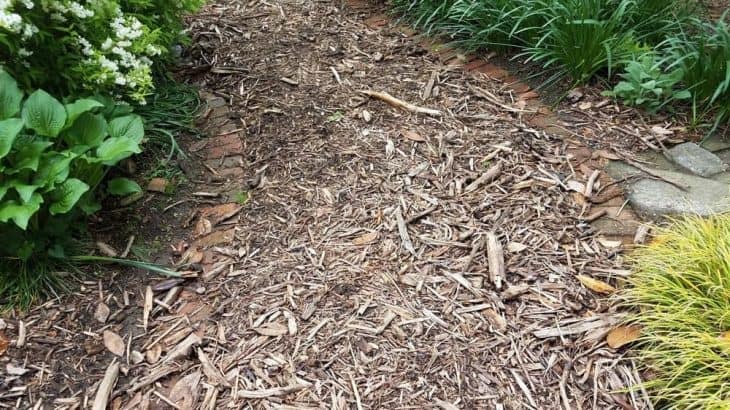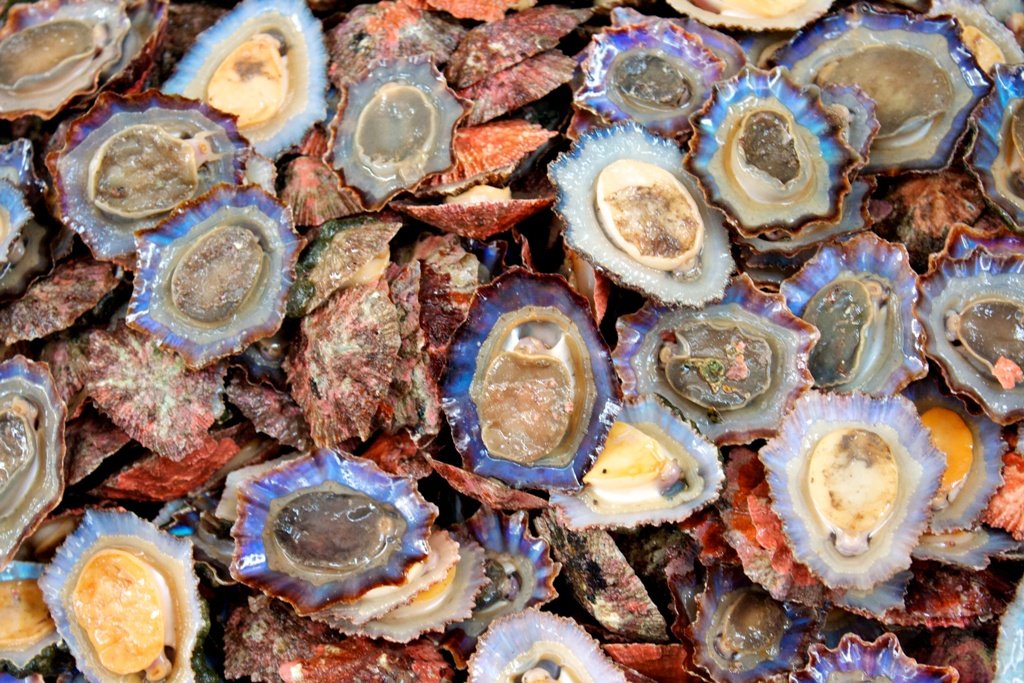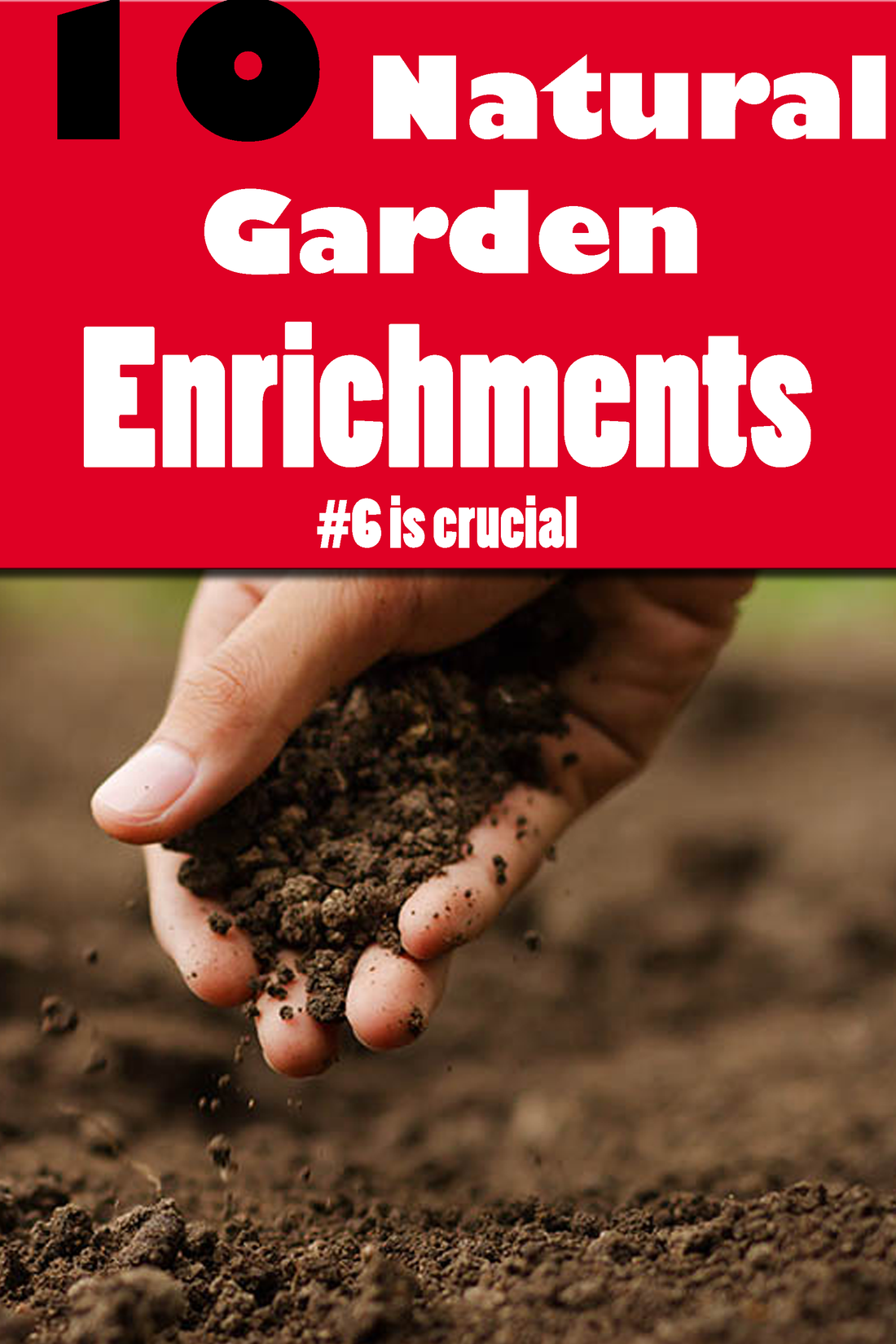Improving your garden soil is a constant process that needs continuous support. If you're like us and you want to stray away from chemicals, or expensive fertilizer, you may want to consider adding in natural, beneficial material that can seriously boost the quality of your soil.
10. Peat Moss
Peat moss is generated by harvesting layered organic material within dried up bog areas. This fluffy soil additive is excellent for creating well draining soil that holds the proper amount of moisture and nutrients. A historical favourite for gardeners.
(Peat moss harvesting may pose an ethical & environmental risk, through the destructive nature of it's harvest. )
9. Vermicomposting

Vermicompost is the process of using worms to naturally break down compost, usually kitchen waste. This compost then becomes a strong nutrient rich soil additive, very similar to worm castings. Usually created by introducing "red wiggler" worms into a large container filled with organic worm "bedding" (Water and paper shredding), and kitchen waste. This process is very time consuming, yielding small, but highly beneficial soil.
8.Cover Crops
Cover crops are a historical method to introduce nitrogen into the soil, and help retain/mulch existing topsoil. Cover cropping involves planting specific crops such as buckwheat, clover, cowpea, wheat, etc., between the rows of your garden. Then, as they begin to mature near the end of the season, simply cut them down and allow them to decompose adding nutrients to the soil. Additionally, you may plant a cover crop over a garden bed for an entire season allowing the bed time to rest and regenerate its nutrients.
7.Kitchen Waste

Kitchen waste often includes valuable organic compost material, that can be saved from the landfill and added into the soil. As for most organic material, it is best to compost it before hand, but some waste can be added directly into the soil. Such valuable scraps are, banana peels, coffee grounds, egg shells, orange peels.
If you want to see a comprehensive list of what to use in your garden, from your kitchen waste. Click here to see our article on re-using Kitchen Waste.
6.Natural Mulch

Mulching your pathways and or plants in the garden can have many benefits, it retains moisture for your plants, it prevents you from stepping in mud or dirt, and it helps to drastically reduce the weeds in your garden. An often forgotten benefit of mulching is that over a few years, the mulch begins to break down and mix with the soil. Helping to create a light, nutrient rich soil that is excellent for planting vegetables and flowers.
Make sure NOT to use rubber mulch, although naturally died mulch is fine.
5.Home-made Compost

A staple for most gardens, the home compost can be an excellent source of natural enrichment. It is a good idea to learn the fundamentals of composting. Make sure your compost container allows for sufficient air flow to the compost. Make sure to maintain a 2 to 1 ratio of green and brown material. Meaning for every 1 part of brown material (leaves, sticks, paper), add 2 parts of green material ( plants, kitchen waste, grass). Make sure to turn your compost as much as possible over the composting cycle, allowing materials to mix and break down. As well, ensure you are giving your compost enough time to break down. It is easy to be over eager and remove compost too early, however it will yield the best results when given time to sufficiently decompose. Usually 4 to 6 months, always make sure to look at your compost, it should resemble rich earth.
4.Rock Phosphate

Rock Phosphate is an excellent addition to your garden soil for low phosphorous levels. Often an addition for flower gardens as phosphorous promotes the development of flowers on a plant. Rock phosphate can also be added to compost helping to provide a balanced N-P-K level.
3.Fish Emulsion

Traditionally gardeners buried whole fish into the soil to provide an extra little boost. Now, it is more common to buy the liquid organic fertilizer. The fertilizer made from fish "shocking" is a great way to boost nitrogen levels in your soil and plants.
2.Shell Fish Shells

Using ground up shellfish shells, or an organic fertilizer based off shellfish is an excellent way to boost calcium levels in your soil. Calcium is an essential component for producing ripe tomatoes and peppers.
1.Epsom Salt

Often touted as a cure all for tomato plants and other, epsom salt is not always a perfect fix for gardens. Although it has its uses in the garden, such as providing an excellent source of magnesium for plants. This helps plants with their chlorophyll, and thus their overall growth. A key enrichment in the garden, it is best to not over-use.
BONUS Wood Ash
/184391933-56a34a305f9b58b7d0d14e45.jpg)
A free and easy additive. When I say wood ash I am referring to the remnants from your fire place/pit. Simply scoop up the built up ash and sprinkle it around your garden. Wood ash is an incredibly easy way to add potassium and calcium to your soil. If you have to clean out your fire place, you might as well use it!
What do you think of our list?
Do you use any of these in your garden?
Let us know down below in the comments, or get in contact with us on Instagram @RedHotSeeds



